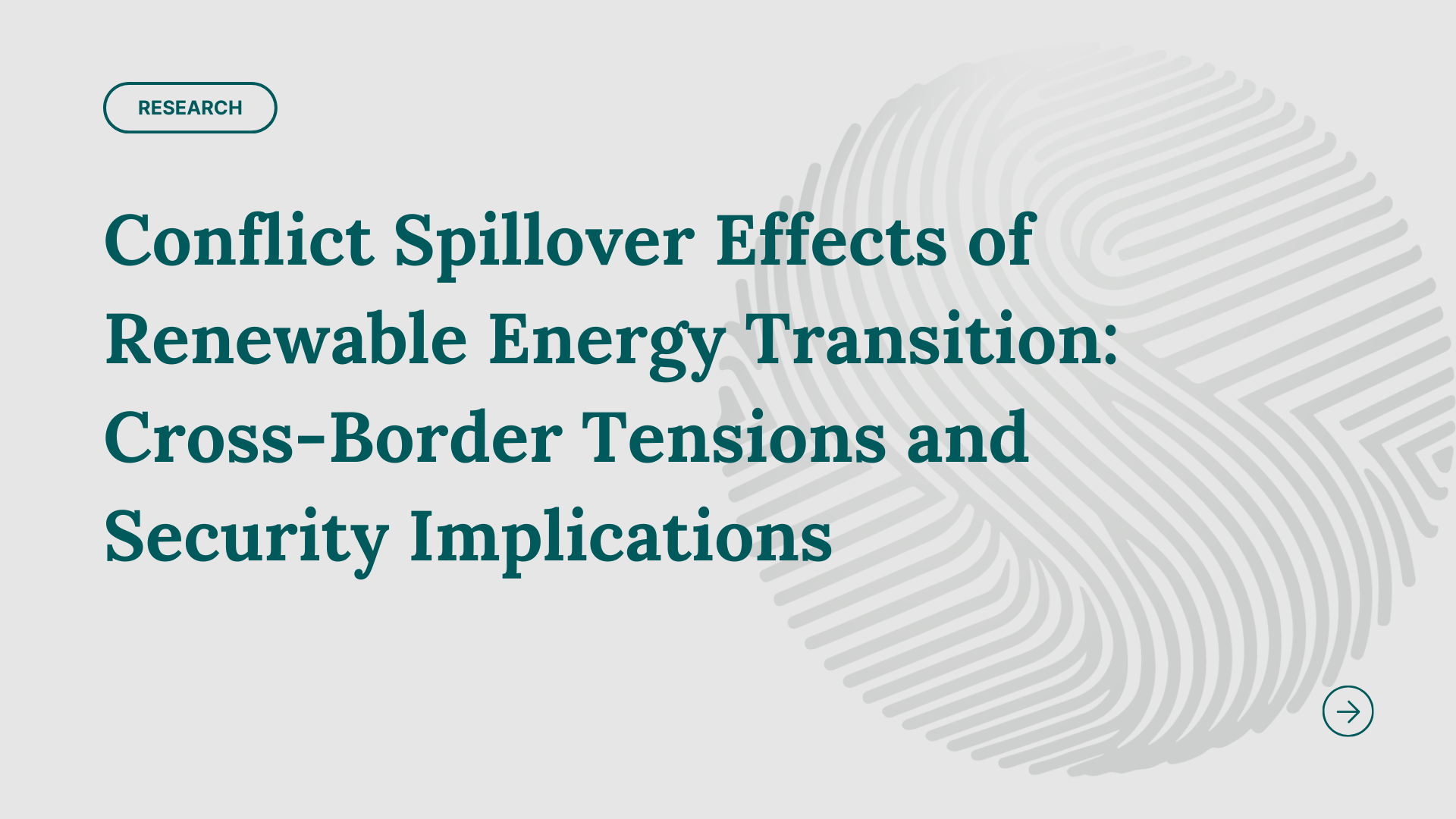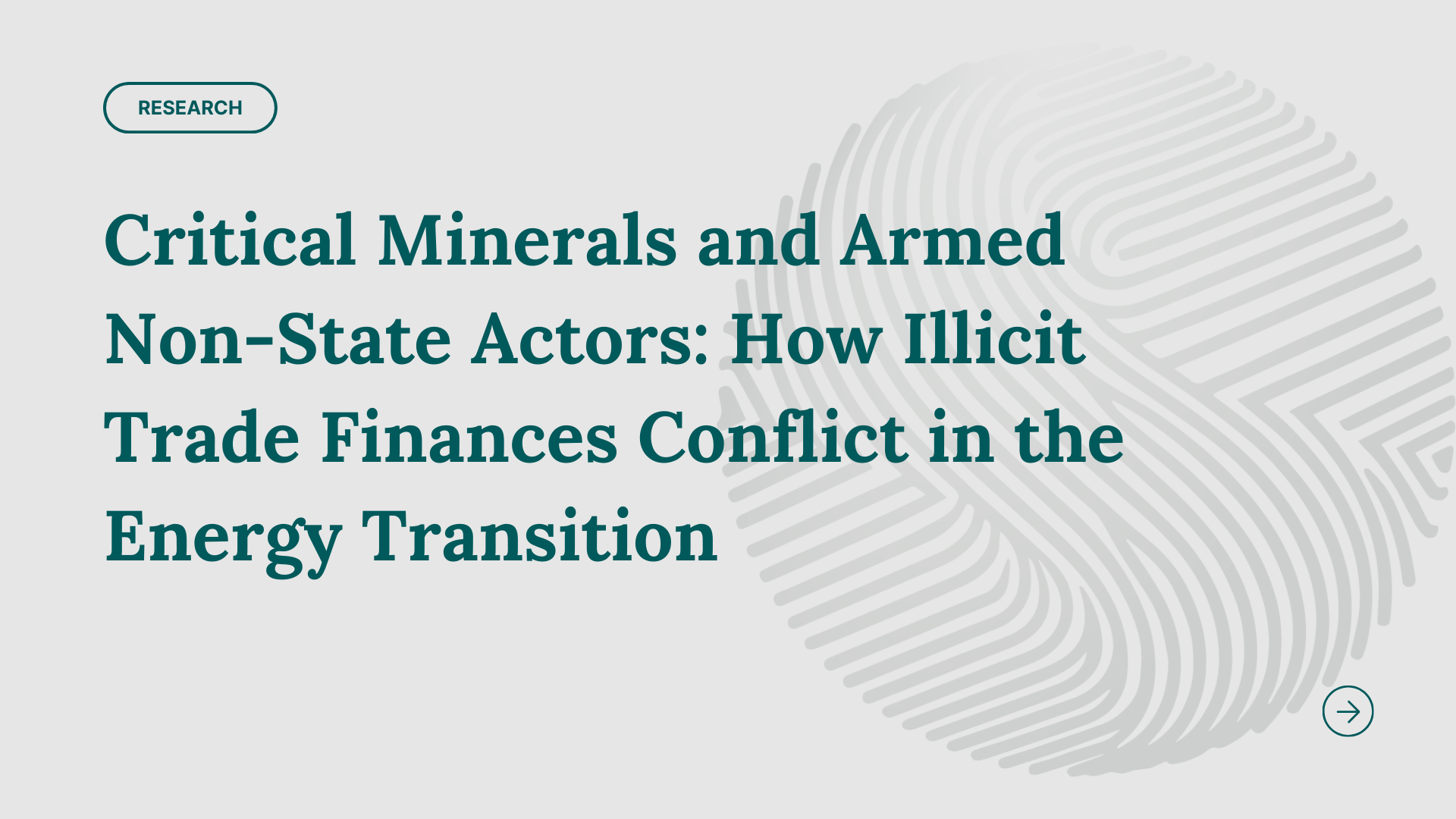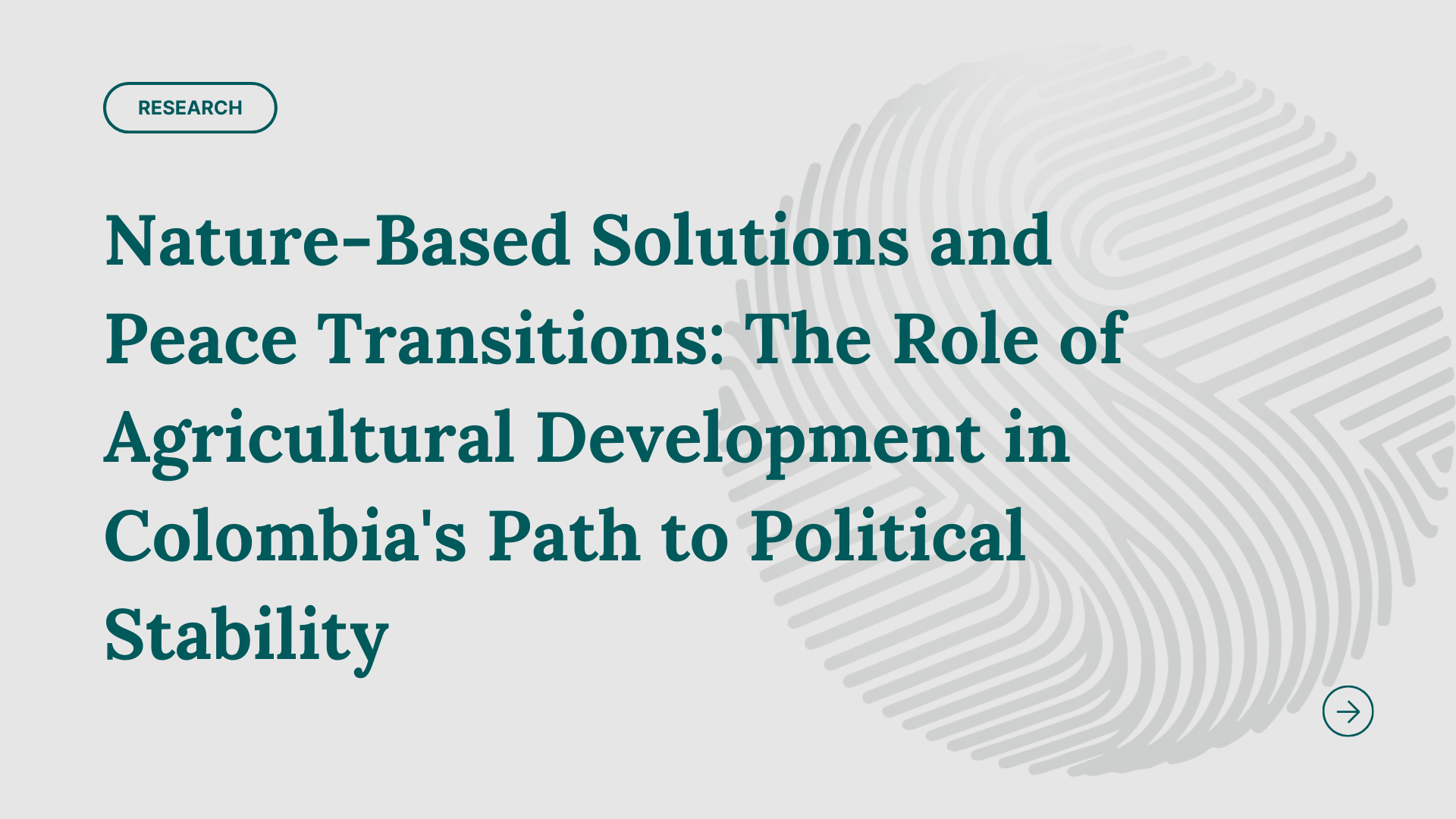Abstract
The shift toward renewable energy is reshaping global power dynamics, creating new security risks and intensifying cross-border conflicts. This study examines how disputes over water resources for hydropower, the cross-border trade of critical minerals, and geopolitical competition for clean energy technologies contribute to regional instability. Focusing on conflicts in the Mekong region, the Sahel, and the Lithium Triangle (Argentina, Bolivia, Chile), the paper employs a mixed-methods approach combining conflict mapping, trade data analysis, and geopolitical risk assessment. The findings suggest that, while renewable energy aims to reduce global reliance on fossil fuels, its implementation can exacerbate tensions between neighboring states, requiring new governance frameworks to prevent conflict escalation.
Author: Brianna Dickey (2025)
This is a working paper by the Stratum Institute for Global Action. Interested in contributing? Contact us!



